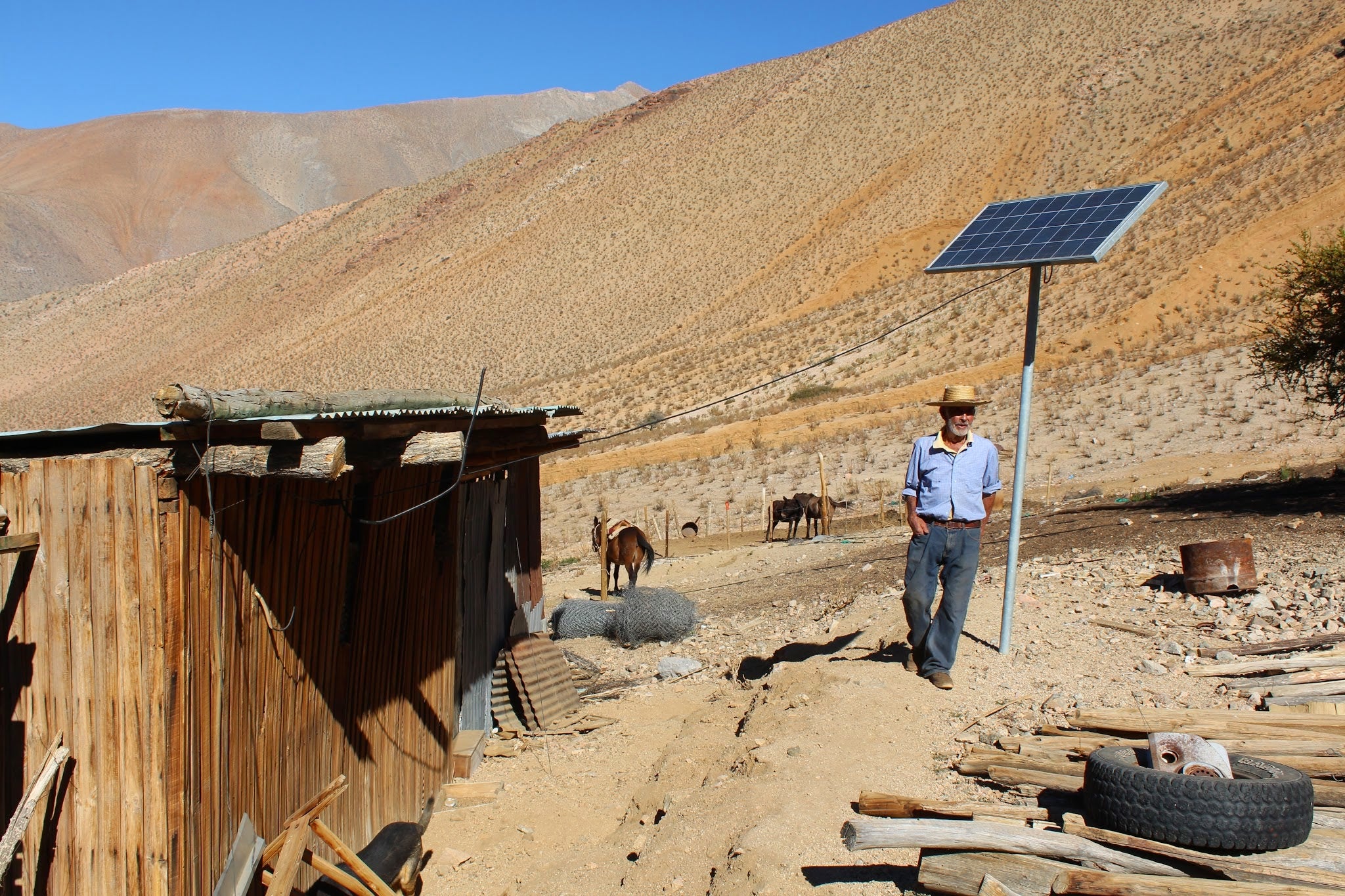Energy is an essential for the production of virtually all goods and services in the modern world. Power quality and at reasonable prices is crucial to improving living standards for billions of people. Without the presence of heat, light and electricity it would be very difficult to operate factories, large and small businesses and even farms, the manufacturing of goods, or to enjoy any other services that improve the quality of life. Energy, economic growth and poverty reduction are closely connected. To find out more, check out our new publication “The Energy Sector: Opportunities and Challenges.”
Undoubtedly, access is essential for everyone. In addition, to provide quality energy services that are socially and environmentally sustainable and fit country budgets, you must meet three basic requirements: (i) sustainable infrastructure; (ii) stronger institutions; and (iii) adequate incentives.
Access: Much of the population has no access to the benefits of modern energy. In Latin America and the Caribbean, there are more than 26 million people who lack access to electricity and use batteries, candles or kerosene and at least 87 million people who still use unsustainable biomass, firewood and charcoal for heating. Regular use of biomass is strongly associated with lower levels of income and health, and affects mostly women and children.
Access not only means providing services to a population that lacks them; it involves maintaining (or even improving) the quality, reliability and affordability of those services that already exist. That is, energy must be available when it is needed, as well as be priced reasonably for the population.
Production infrastructure, transport and distribution of energy must be built in a way that balances costs in the short and long-term, to provide the best quality, meet international standards, and make projects resilient to potential external shocks such as climate change. In turn, the infrastructure must be able to operate steadily and minimize social impact and the environment.
Strong institutions: Since energy services have characteristics that often impede the efficient functioning of markets, it is necessary for institutions to have the capacity to implement and enforce policies, regulations and standards. These institutions must also be able to generate and collect data and information and make it available with proper diffusion mechanisms to guide the behavior of each of the participants in the sector.
Also, due to the diversity and complementarity between resource endowments and patterns of supply and demand, neighboring countries can benefit by working together and sharing energy resources. A bigger and better integrated system reduces the need for reserves, capitalizes on the diversity of sources and patterns of production and consumption, and has a more favorable position to absorb system fluctuations and the stochastic generation position in several sources renewable energy.
Incentives should be suitable so that consumption is not excessive and that energy efficiency and rational use are promoted. They should also encourage the reduction of greenhouse gas emissions which have a negative impact on the environment. Rates must cover production costs and encourage suppliers to expand infrastructure and to invest in providing quality services.
The goal of the IDB is to increase access to sustainable, reliable and affordable energy in Latin America and the Caribbean, which contributes to reducing poverty, promoting a better quality of life and promoting competitiveness, economic growth and development via adequate infrastructure, strong institutions and the alignment of incentives between producers and consumers.



Leave a Reply